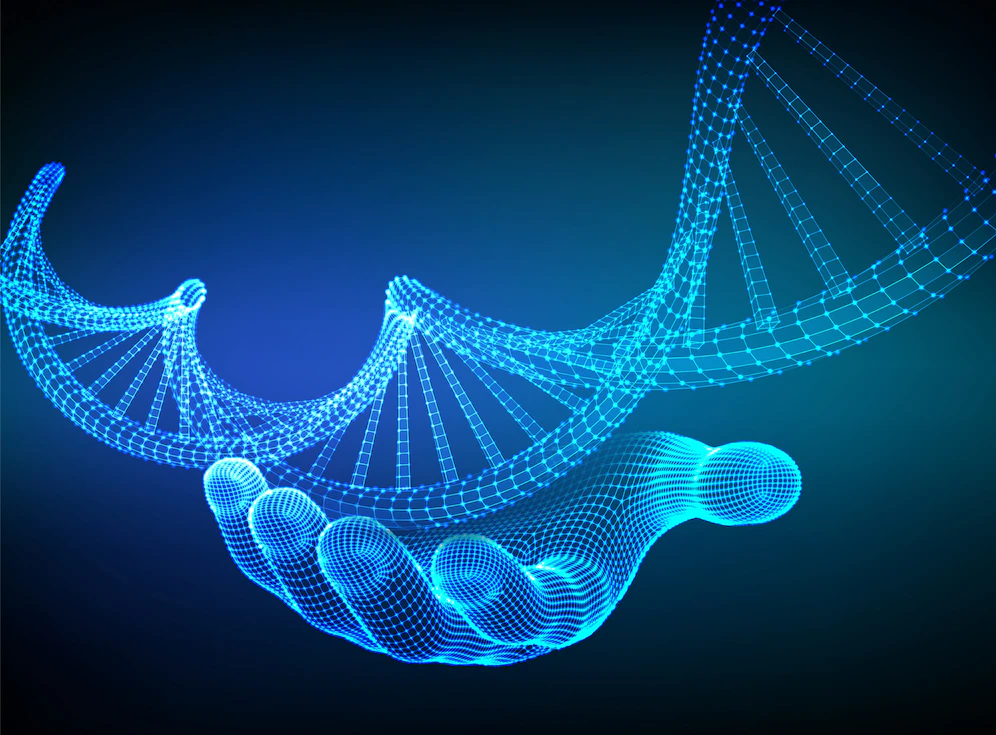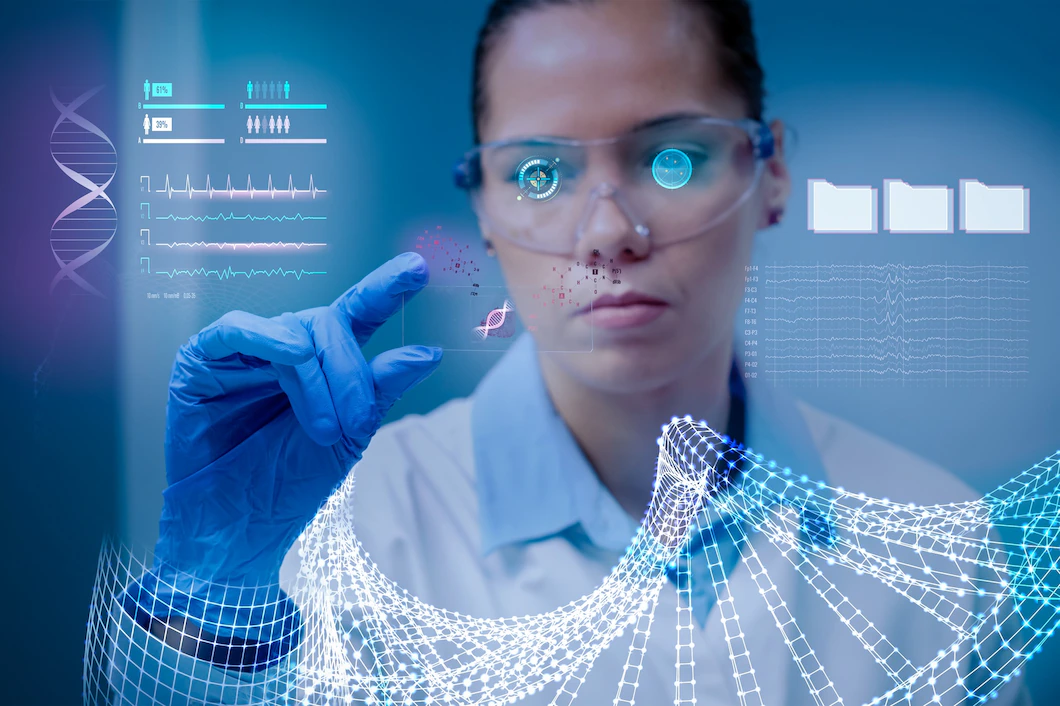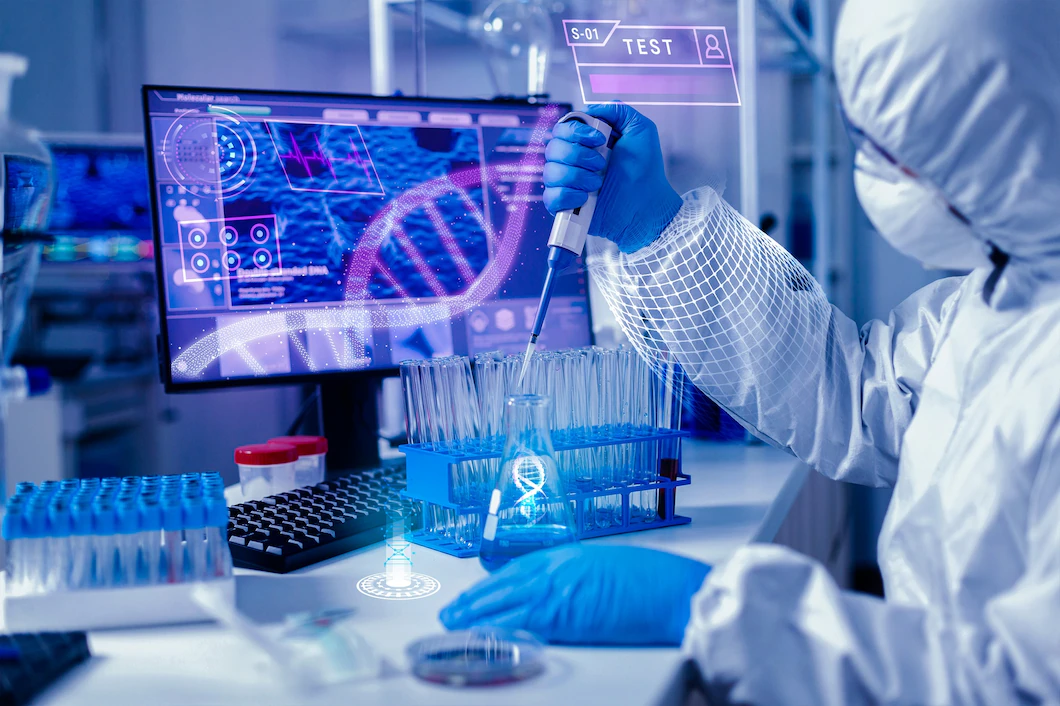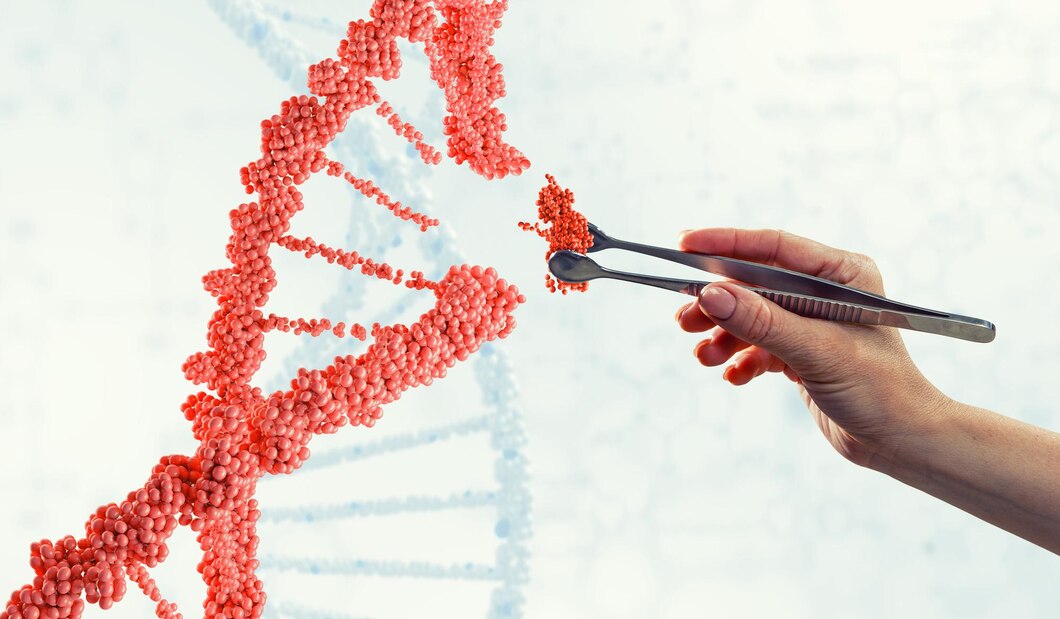
Biotechnology is a science developed by modern scientists that has allowed gene editing, drastically reducing the number of errors that can be generated in different health procedures involved with genetics, making this tool even more precise and effective for genome editing.
Thanks to biotechnology it has been possible to edit the genes of living organisms, changes in DNA and RNA that represent an optimization of the treatment of incurable diseases; other more controversial uses are the creation of genetically engineered babies, which has caused controversy and a ban on genome editing in humans.
Current trends in biotechnology have been influenced by the CRISPR system, which has made it possible to eliminate numerous errors in genome editing. With fewer defects, increasingly precise biotechnology opens a new door to the future. Stay to the end to discover the new advances applied in laboratories worldwide that allow an ingenious way to rewrite DNA and RNA!

What is biotechnology?
It is a science linked to genetic engineering, it makes use of living cells to develop or manipulate genes of living beings and products, so this discipline has different branches associated with both medicine and the environment. The main branches of modern biotechnology include human, environmental, industrial, plant and animal biotechnology.
The world is going through a series of changes, biotechnology is not only used in genome editing, it also has applications in vaccines, agriculture, vitamin supplements and many other areas that have allowed not only global advances, but also the opening of new areas of work and sources of employment in different institutions and organizations that dedicate their efforts to improve the quality of life.
Advances in biotechnology
Biotechnology has enabled the production of personalized medicines, the expansion of scientific research has allowed the discovery of new information that allows personalized health care, tailored to the needs of each patient, and if necessary, using DNA and RNA information to offer the best medical care in each procedure.
Biotechnology is also supported by other sciences and tools, such as artificial intelligence, which allows the convergence and interconnection of information and systems useful in evaluating the efficacy of different treatments. This has even made it possible to improve laboratory equipment and imaging devices that ensure a more accurate diagnosis through magnetic resonance imaging, for example.
In this section, we will focus on biotechnology related to medicine and genome editing offered by new scientific advances, where the CRISPR tool stands out.

What is CRISPR and how does it relate to genome editing?
CRISPR is an acronym that represents different sequences present in the DNA of bacteria that work as autovaccines. It contains the genome of viruses that have attacked bacteria in the past, so it allows us to know if there is a repeat infection and to actively fight it by cutting the invading DNA.
The CRISPR tool has been widely used in genome editing since its principle has been used outside bacteria to cut and add pieces of genetic material in eukaryotic cells, functioning as a kind of molecular scissors.
Despite the efficiency of CRISPR, researchers have found a flaw, and that is that this technology can cut defective parts of the genome, and parts that we do not want it to cut, causing unwanted genetic alterations, such as cancer.
However, this was solved by researchers at MIT and Harvard, who propose the modification of three amino acids to reduce the number of errors in genome editing. Perhaps quantum computing can be used to detect and correct these potential errors in DNA and RNA transcription more efficiently.

Positive developments and controversy in genome editing
Thanks to CRISPR it has been possible to create mosquitoes incapable of spreading diseases such as malaria, but it has also caused ethical problems after the publication of experiments in which the biotechnology was used to alter the DNA of human embryos.
How does CRISPR work in genome editing?
CRISPR is currently the most powerful tool in biotechnology, by means of guides and the CAS9 protein, CRISPR targets selected areas of the DNA, to cut it and inactivate the gene, it can also replace these areas with other DNA templates, editing the genome at will.
CRISPR technology can be applied to virtually any situation in which it is desired to modify DNA and RNA sequences, which is why it has recently been of great use in generating and studying disease models, thus enabling the creation of more effective drugs.
Diseases that can be treated with genome editing using CRISPR
The essential idea is that CRISPR will be used only to treat those diseases caused by the alteration of a single gene; however, no gene therapy of this kind has yet been approved.
It is planned to be used in diseases affecting eyes, blood and muscles, in pathologies such as Duchenne muscular dystrophy, Leber's congenital amaurosis and Fanconi's anemia. However, its use is currently aimed at improving treatment options for cancer patients.
The uncertainty surrounding biotechnology and genome editing is still very high, numerous bioethics committees are involved and constantly evaluate the risk-benefit of this modern technique.

Genome editing in human embryos
Biotechnology and its remarkable tools such as CRISPR not only allow genome editing in adult cells, but can also be applied to embryonic cells to correct genetic alterations that cause disease in the individual and in their future offspring.
However, there is still a long ethically correct way to go, so the thought of genetically modified embryos is not yet a tangible reality. Biotechnology and genome editing must be applied to adults!
At Alpha Solutions we are interested in all technological advances for the improvement of human living conditions, provided that all processes of change are safe and ethical at a global level; for now there are still many health challenges to overcome, we hope that biotechnology can achieve this by relying on modern tools, such as artificial intelligence that could be useful to decipher some enigmas of genome editing, in any case, we will be here to inform you about it!
Related Posts
Los hacks de los freelancers más productivos
Hicimos una investigación para contarte los hacks más efectivos que aplican los freelancers de alto…
The Secret to Success: Top Hacks of Supercharged Freelancers
If you want to start this 2025 on the right foot in the world of…
¿Pueden los nómadas digitales hacer voluntariado?
La vida de los nómadas digitales ofrece muchos beneficios, además de la flexibilidad de horarios…
Can digital nomads volunteer?
Today we will tell you everything you need to know about digital nomads and how…








 test
test
